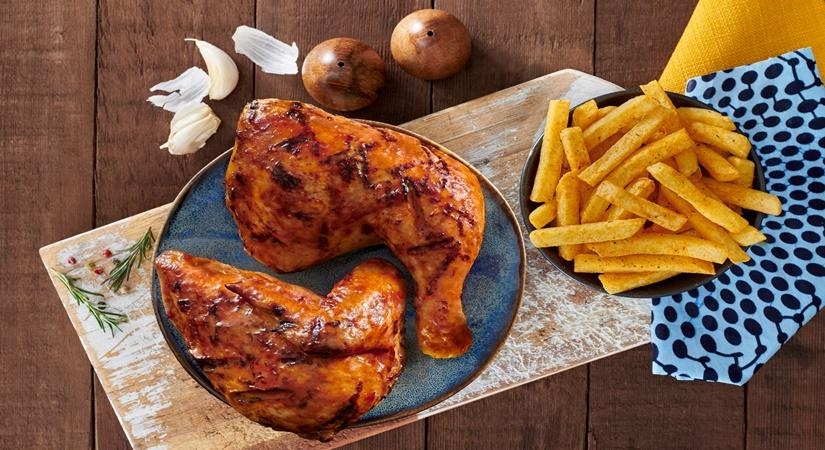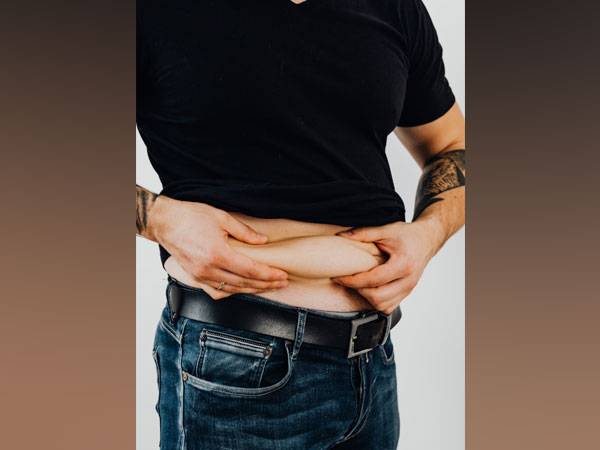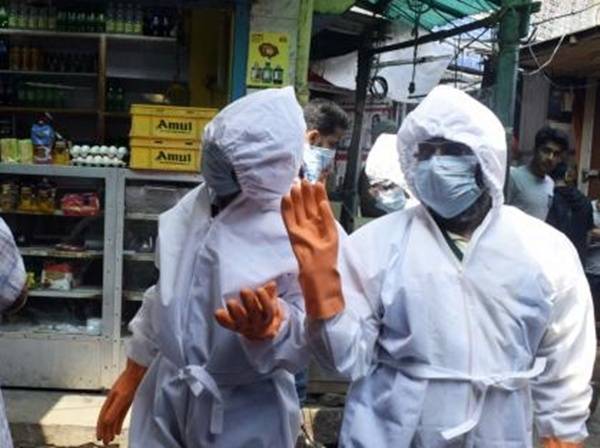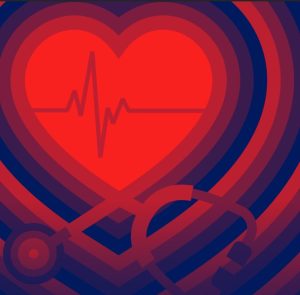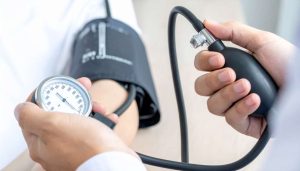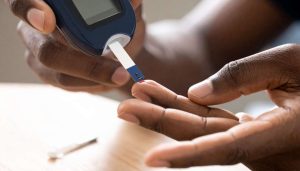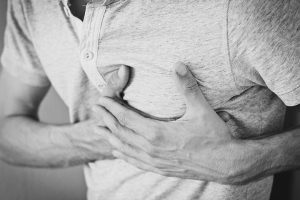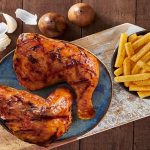Too much alcohol consumption (a male who drinks 15 or more drinks per week and females who drink more than 8 are surely to get fatty liver – liver failure over 10-15 yrs)…reports Asian Lite News
Fatty liver is a condition where excess fat gets deposited in the liver, which increases its size. According to Shlloka Joshii, a Classical Hatha Yoga teacher, and Diet and Lifestyle expert, there are two types of fatty liver. Non-alcoholic fatty liver occurs in people who don’t drink alcohol or drink too little. It usually occurs in people who are obese, diabetic, or due to some medication. Alcoholic fatty liver is caused due to over alcohol consumption, where the liver is unable to process nutrients and metabolize fat. This further leads to scarring of the liver causing fibrosis/cirrhosis, a condition where the liver becomes inactive.
Symptoms
“Initially, one may feel tired or experience discomfort or pain in the right side of the upper abdomen, often after meals. In advanced stages, one might experience severe tenderness in the upper abdomen, loss of appetite, nausea, weakness, weight loss, abdominal distention (ascites), pale-coloured stools, muscle wasting, and swelling in the legs,” outlines Joshii.
Causes
Too much alcohol consumption (a male who drinks 15 or more drinks per week and females who drink more than 8 are surely to get fatty liver – liver failure over 10-15 yrs).
Obesity
Insulin resistance
Type 2 diabetes
Metabolic syndrome
High cholesterol levels (raised triglycerides)
Medicine side effects
Pregnancy
Genetic disorders
Infections like hepatitis C
Joshii shares five foods to cut out fatty liver
Lemon: Squeeze half a lemon into a glass of warm water and drink it on an empty stomach every day, it helps in flushing out the toxins and improves the liver’s health.
Papaya: Consume a bowl of papaya on an empty stomach, the enzymes present in papaya reduce the inflammation of the liver. It is a source of fiber, minerals, and antioxidants including vitamins A, C, and E.
Apples: Apples are a rich source of pectin, which helps cleanse the body and release toxins from the digestive system. Having an apple a day can prevent fatty liver. However, if you have Grade 2 or Grade 3 fatty liver, you can have up to three apples a day, one before each meal (breakfast, lunch, and dinner). Or apple cider vinegar: drink 20-40ml of Apple cider vinegar on an empty stomach.
Beetroots: Beetroots are known to stimulate bile juice and boost enzymatic activity as they are rich in vitamin C, carrying out similar functions. Carrots, rich in Vitamin A, help prevent liver disease and support the overall functions of the liver. Having 1 medium-sized beetroot or 1 medium-sized carrot per serving before food, as a salad, would be a good idea.
Green vegetables: High in chlorophyll and necessary antioxidants, green vegetables flush out toxins from the bloodstream and aid the liver. You can include healthy greens like spinach, green peas, okra, kale, broccoli, cauliflower, lettuce, etc., in your diet. We recommend consuming 100-150 grams of steamed or boiled vegetables before a meal, or they can be substituted for the meal itself.
ALSO READ-Dr. Vidushi Jain Delivers Expert Insight on LED Facial Therapy


